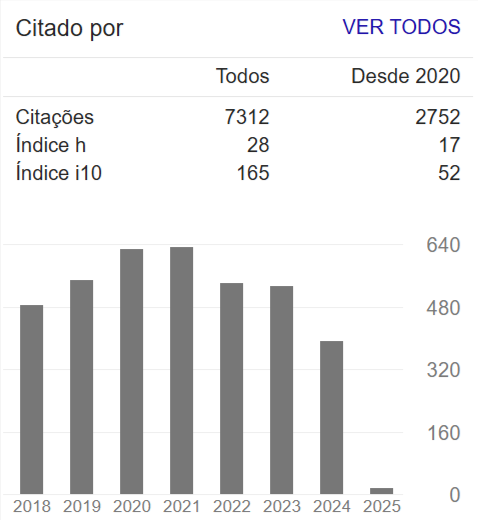Wastewater treatment in surface water table areas - Case study
Abstract
Needly for quality water resources makes environmental preservation, and consequently of water sources, an urgent global challenge. There are numerous and distinct environmental contaminants, including untreated and poorly treated sanitary effluents, which pollute the soil and, subsequently, water. Brazilian rural areas with surface water table, contamination of aquifer by sanitary effluent is instantaneous. In order to change this scenario, the present study aims to propose a decentralized sanitary effluent treatment system for superficial water table areas. Development was based on regulations, laws, scientific research and case studies relating the parameters of the treated effluent to the reality of flooded areas. Therefore, a decentralized system with materials and construction techniques validated by the civil construction was proposed and possible to protect the water source of these areas.

















